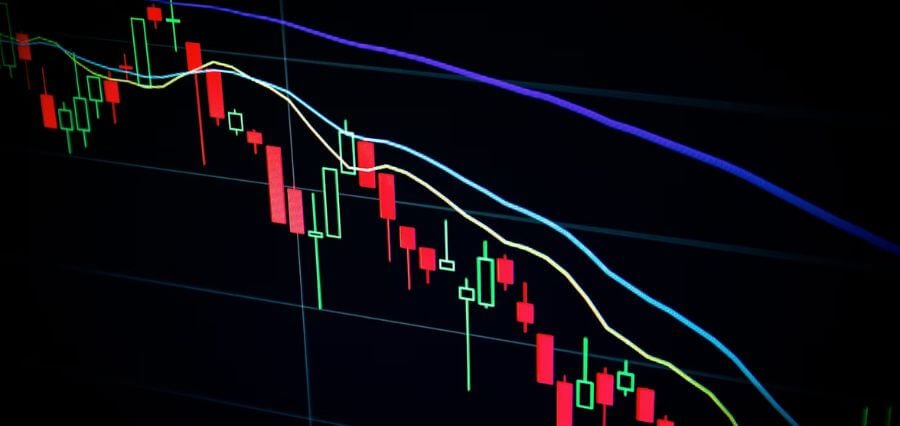Prime Highlights:
- Hong Kong’s Hang Seng Index fell 13.2% to an all-time low amid increased U.S.-China trade tensions.
- China’s CSI300 fell 7% as state investors pumped in money to support the markets.
Key Facts:
- America imposed over 50% tariffs on China’s top-selling products leading to global economic instability.
- China retaliated with counter-tariffs; sovereign wealth fund fell in markets.
Key Background
Chinese and Hong Kong markets experienced their worst one-day losses in decades on April 7, 2025, when rumors of a China-US trade war once more frightened them. Hong Kong’s Hang Seng Index fell 13.2% to its lowest one-day fall since the 1997 Asian financial crisis. Likewise, China’s leading mainland-listed shares’ CSI300 Index fell 7%, and investors and analysts were left massively stunned.
The rout in the markets was prompted following the draconian new tariffs of over 50% by America imposed on a wide list of Chinese commodities. With a goal to salvage American businesses and redress years of trade deficit, the decision surprised markets against the backdrop of rising trade tensions. The reaction followed China as it responded to the tariffs imposed on its American products, reigniting fears of protracted economic standoff between the two largest global economies.
Investors, already nervous in the face of global jitters, scrambled to dump shares with foreign trade exposure. Clean energy, banks, technology, and e-commerce were the worst affected. Large-cap Chinese stocks with foreign exposure had their shares supporting steep sell-offs, while foreigners dumped a record $3.2 billion of mainland-listed shares through Stock Connect trading bridges.
As a gesture to assuage fear and calm nerves, China’s sovereign wealth fund arm, the “national team” segment Central Huijin, announced that it would buy more stakes in China’s top banks and financial institutions. Although the gesture calmed some nerves, skepticism regarding the economy persists. Economists cautioned that unless trade negotiations are boosting, the two countries can derail growth and stability can be shaken in global supply chains.
This current cycle of economic tensions between the U.S. and China is only to add to the escalating interdependence of world economies, as well as the demand for recourse to diplomatic solutions in ending world trade policy.




